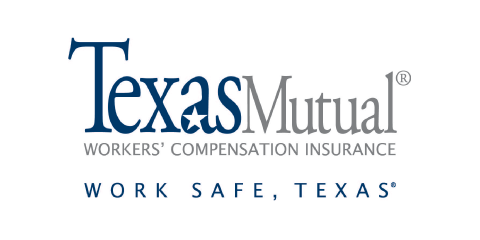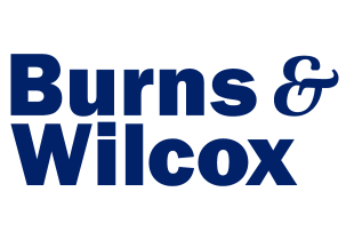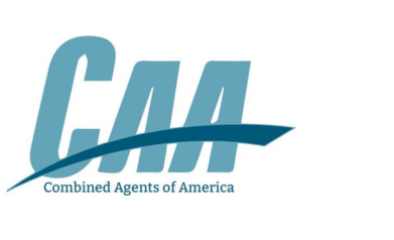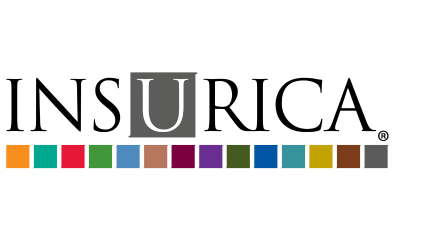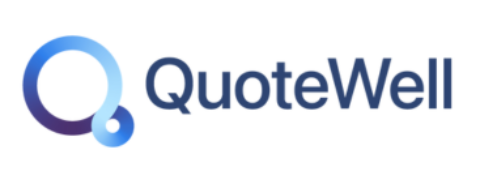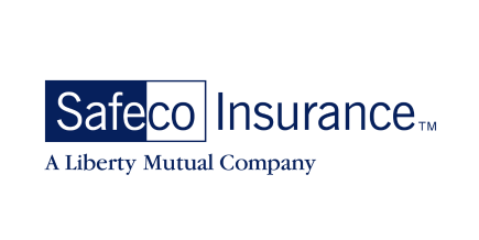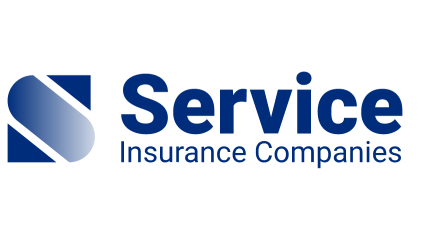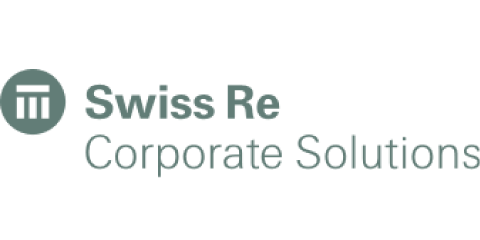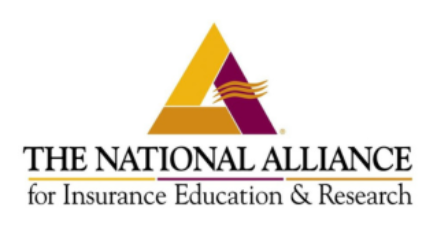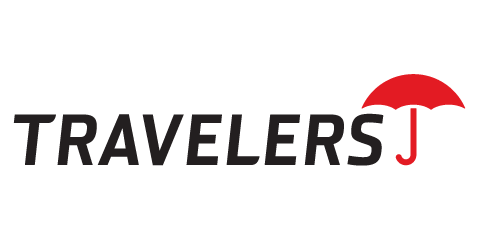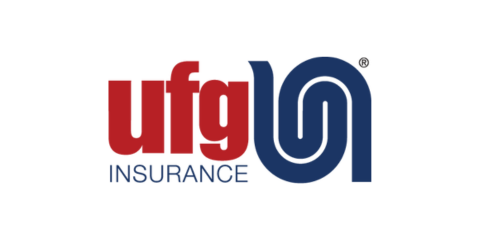Section 21, Subchapter B of the Texas Administrative Code (TAC) defines and states standards for truthful and adequate disclosure of the information included in insurance advertisements and solicitations.
The rules apply to all forms of “advertising” by insurance agents and agencies, including but not limited to the following:
- printed or published literature intended for distribution to the public
- ads in the print or visual media
- billboards
- sales letters and form letters
- prepared sales presentations and proposals
- materials included with a policy when the policy is delivered
- material used to solicit additional coverage or policies from existing insureds, or to modify existing coverage or policies
- Internet web sites
- lead card solicitations, defined as communications distributed to the public which are intended to result in the compilation or qualification of a list containing names or other personal
- information regarding persons who have expressed a specific interest in a product
- An agent must file an advertisement with the insurer for approval prior to using an advertisement that mentions the insurer or its policy.
Institutional Advertisements
Some rules regarding advertising do not apply to an “institutional advertisement,” defined as “an advertisement having as its sole purpose the promotion of the reader’s or viewer’s interest in the concept of insurance, or the promotion of the insurer or agent.” An advertisement that includes a general description of a coverage or policy – such as HO-3 or HO-B – is institutional, while an advertisement referring to unique characteristics not shared by all similar policies is not institutional.
Internet Advertising
When using the Internet for advertising, any disclosures required by the advertising rules can be provided through a conspicuous and clearly labeled link to another web page, provided that the link must be placed near the relevant information to which it relates, and must connect directly to a web page that prominently displays the information necessary to comply with the requirements.
General Rules For Advertisements
The following rules, and others specified in the TAC, apply to all advertising, including institutional advertising:
- An advertisement must be truthful and not misleading either in fact or implication.
- An advertisement must identify the person or entity responsible for the advertisement, including either the full licensed name, a registered assumed name, or the agent’s Texas license number.
- The advertisement must not mislead or deceive prospective purchasers with respect to an insurer's or agent's financial condition or relative position in the insurance business.
- Testimonials used in advertising must be genuine.
- Advertisements should not unfairly disparage competitors.
- An advertisement using the word "dividend" may not imply that dividends are guaranteed or certain to occur.
- An advertisement may not directly or indirectly disparage competitors, their policies, services or business methods,
- An advertisement may not contain untrue or misleading statements regarding another insurer’s assets, corporate structure, financial standing, age, or relative position in the insurance business.
- An advertisement may not directly or indirectly make an unfair or incomplete comparison of policies, benefits, dividends or rates.
Rules for Advertisements of Specific Policies (Non-Institutional)
When an advertisement refers to a specific insurance policy or provides an opportunity to request a quote it is called an “invitation to inquire.” Also included in this category is an advertisement (other than an Internet web site) that provides an opportunity to request other information. If an advertisement includes an application or enrollment form for insurance or presents an opportunity to apply for the advertised coverage, it is called an “invitation to contract.” The following rules apply to these types of advertisements:
- The advertisement should not contain untrue statements or exaggerations concerning claims settlement. An unusual amount paid for a unique claim for the advertised policy is misleading and may not be used unless it is disclosed that the payment is unusual or unique.
- Coverage should not be implied beyond the terms of the advertised policy.
- A premium should not be stated that does not apply to the exact coverage advertised. If a premium is quoted that does not apply to all classes of risks solicited, the class or classes to which it applies must be identified.
- Optional endorsements available at an additional cost should be advertised to disclose the fact of additional cost.
- Advertisements offering credit card billing of premiums must disclose that such method of billing is clearly optional to the purchaser.
- Advertisements for Medicare-related products must include the following language: "Not connected with or endorsed by the United States government or the federal Medicare program."
- The full licensed name of the insurer must be stated.
- The advertisement must explicitly and conspicuously disclose that the advertised product is property, life or other product on the basis that the product is classified or addressed by law or rule as filed with TDI.
- Multiple insurers can be represented in one advertisement, provided that the issuer of each advertised product is clearly identified and the advertisement discloses that each insurer has sole financial responsibility for its own products.
Testimonials and Endorsements
Testimonials used in advertising must be genuine and must represent the current opinion of the author. They must be applicable to the advertised policy and accurately reproduced.
If an insurer, agent or specific policy has been approved or endorsed by an unlicensed person or entity (such as a society, association or other organization), that fact and the relationship between the parties must be disclosed in the advertisement.
Use of Statistics and Citations
An advertisement that relates statistical information regarding claims must accurately reflect the relevant facts and not contain irrelevant facts. The source of statistics or citations must be identified or made apparent in the advertisement.
Inducements and Incentives
An advertisement may not offer goods or services of pecuniary value outside the express terms of the insurance policy being advertised. However, an advertisement may offer an incentive to inquire about a policy, provided it includes a clear and conspicuous disclosure that no purchase is required in order to receive the good or service. (Example: “No purchase of insurance required.”)
An advertisement may not state or imply that the insurer or agent has made or will make a donation to an organization if the organization or its members purchase insurance from the insurer or agent.
Rules Pertaining to Life, Health and Accident Insurance
Numerous specific and detailed rules apply to advertising of life, health and accident insurance policies, especially advertisements concerning Medicare-related products and long-term-care insurance. If your agency intends to advertise in this area, other than “institutional” advertising, refer to Rules 21.113 and 21.114 and 21.120 and 21.122 of the Texas Administrative Code.
Lead Solicitations and Group Meetings
Lead solicitations are defined as communications distributed to the public which are intended to result in the compilation or qualification of a list containing names or other personal information regarding persons who have expressed a specific interest in a product or coverage. (This definition does not encompass lead generator services which do not require contact by any means with consumers.) A lead solicitation must prominently disclose than an insurer or agency may contact the recipient of the solicitation.
An advertisement for an event or group meeting must include the phrase “insurance sales presentation” when the meeting will be used to disseminate information regarding insurance products, or where insurance products will be offered for sale, or where individuals will be enrolled, educated or assisted with the selection of insurance products.
Reference Sources:

